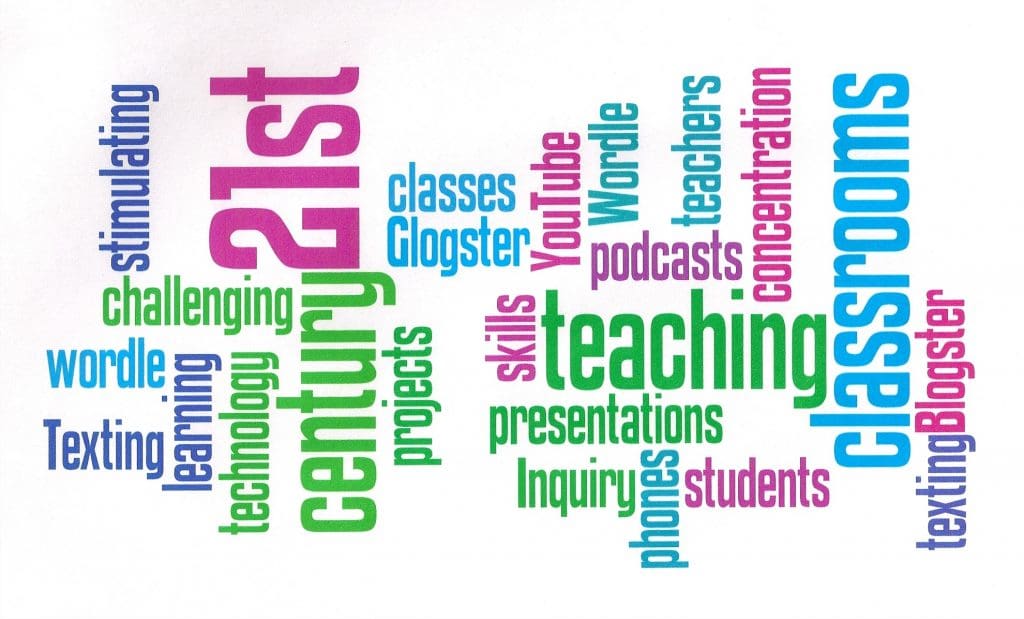By Mrs. Ameeta Mulla Wattal
Principal, Springdales School
New Delhi

Learning is fundamental to meeting the economic and social challenges of the 21st century. Is the learning that we need essentially different to the education that we currently receive? If high quality learning is going to be global, inclusive and lifelong, we will need to refine, extend and reinforce the existing model by re-engineering methodology, pedagogy and transaction and most importantly by creating progressive leadership.
School systems have to place themselves and their students at the heart of a learning society, leap ahead, use social innovation, new technologies and new models of provision to deliver high quality learning anywhere, anytime.
Schooling is facing another crisis with the commercialization of education with school shops, being set up in every corner. Today, schools, in order to adjust to new societal demands and expectations, are being transformed in identity and role. From socio-cultural enclaves that cultivate the ‘minds and souls’ they are being metamorphosed into centres for the acquisition of market skills for a world economic market. How far do we respond to the multiplicity of linkages and interconnections in this global village? How far should we preserve our cultural heritage so as to encourage localized differentiation? The role of the school leader, thus defines and redefines itself, particularly in our country, which is socially and economically so divisive – where deprived sections are increasingly going to demand their place under the sun by asserting their own identities and aspirations.
The world is changing so rapidly and the context that our schools confront is so dynamic that we must embrace change and make adjustments or potentially loose the franchise for preparing the next generation of educators. If learning is merely rendering skills that create employment, then schools may as well convert into teaching shops.
The unrelenting focus on high stake testing, the narrowing of the curriculum and the continuing faith in outdated models of schooling implies that we are short-changing students and weakening our societies and economies.
There are simply not enough school buildings, teachers or hours in the day to rest our hopes on a place-based, face-to-face, formalised, instructor-led education system. Instead, we must redistribute, benefit, liberate learners and teachers and unleash a skill-based learning society because of the changing landscape of employment opportunities.
The government is at present greatly focused on improving the quality of its own school system and has adopted a socialist welfare approach to the issue so that all schooling, public and private comes under one umbrella. This has thrown up a variety of challenges.
School leaders have to establish themselves as stakeholders in learning, they will have to enter the collaborative space with government as the hunger for education has increased with inequality being phenomenal and people wanting quality education at affordable rates.
Privately financed schools need to become philanthropic in nature with a sharing of technologies, resources and best practices with schools in their neighbourhood. This partnership model has to be created to prevent polarization.
Heads of private schools have to ensure that their schools retain their autonomy, which research shows, helps in improving school performances and student outcomes, greater innovation, a tight management of resources and tailoring programmes to meet the needs of the school communities.
Independent agencies should be created for annual learning outcome assessment which should be placed in the public domain. This will increase accountability and transparency. We have to be careful against creating ghettos of excellence on one hand and learning deprived communities on the other. Let us produce inspirational schools at both private and government levels.
In the area of teacher training, both infrastructure and the curriculum is medieval and has no connection at all with the needs of the 21st century. Teacher training mainly takes place at intra-school level after the degree. There is a very small percentage of government teacher training institutes. Teacher education is mainly in the hands of private agencies. A large part of teacher training is through correspondence courses where no practical training is imparted. We have to have systemic restructuring of these institutes.
Today, more than ever, we need teachers who dare to challenge prevailing standardized education policies and practices in favour of more individualized holistic approaches that tap into the talents of children to be better prepared to live productively in a rapidly changing world. We need teachers to implement processes which foster student autonomy and leadership, encourage inventive learners with skills, understand and channelize the creative spirit, maximize liberty to make meaningful decisions and develop global partnerships.
National and global dimensions within the private schools in India allow us to tap into the great reservoir of our shared common heritage. Radical efficiency will help us to optimize the benefits to the wider community.
References
1. http://www.cisco.com/c/dam/en_us/about/citizenship/socio-economic/docs/GlobalEdWP.pdf
2. Schools that learn: Peter Senge
3. The Learning Landscape, A Principal’s perspective: Wisdom Tree
4. School, Society, Nation: Popular Essays in Education: Orient Blackswan


